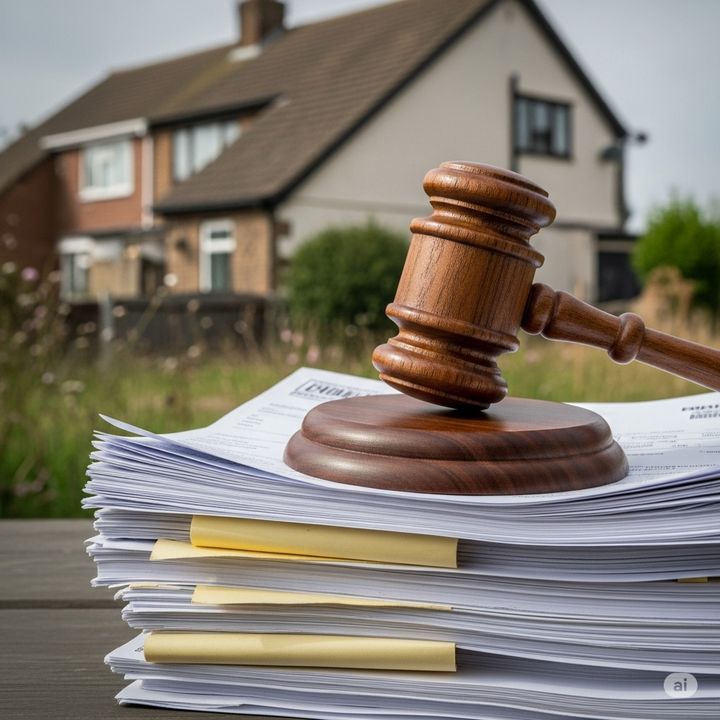When a property is purchased through a bank auction, especially under SARFAESI or DRT proceedings, it is typically sold on an “as is where is”, “as is what is”, and “whatever there is” basis. This means the auction purchaser acquires the property along with any existing liabilities or encumbrances that may not have been disclosed or known at the time of sale. One such common issue is unpaid electricity dues left behind by the previous owner.
Can the Electricity Company Demand Dues of the Previous Owner?
Yes. Under Regulation 12.5 of the MERC (Electricity Supply Code and Standards of Performance of Distribution Licensees) Regulations, any unpaid electricity dues are considered a charge on the premises, not just on the individual who incurred them. This means the distribution licensee (electricity provider) can lawfully demand the pending electricity bill amounts from:
- Legal representatives of a deceased consumer, or
- Successors-in-law, or
- New owner/occupier of the premises
Therefore, even though the auction buyer had no connection with the defaulting consumer, the law treats the electricity dues as attached to the property, and not merely to the person.
This position has been upheld in several cases, including judgments of the Supreme Court and State Electricity Regulatory Commissions, which recognized that electricity dues can be recovered from the new property owner unless:
- The buyer negotiates and settles the dues beforehand, or
- The electricity provider waives or limits its claim.
Why This Is Important in Bank Auctions
Most auctioned properties are sold with the standard clause:
“The property is being sold on ‘as is where is’ basis, and the bank is not liable for any statutory dues including electricity, water, property taxes, etc.”
Hence, it becomes the responsibility of the bidder to conduct proper due diligence before submitting a bid. That includes:
- Checking for pending property tax and utility bills
- Verifying with the society or housing authority for unpaid charges
- Seeking a no-dues certificate wherever possible
Reconnection of Electricity Supply
Electricity companies often insist that the entire outstanding amount be cleared before reconnecting the supply, especially in residential societies and multi-unit buildings. The new owner may have to:
- Pay the dues or negotiate a settlement with the distribution company
- Apply for a new connection, possibly with legal intervention if the matter is disputed
Conclusion
The buyer of an auctioned property inherits not just the asset, but also certain liabilities that may be legally recoverable, such as pending electricity dues. Buyers are advised to be cautious, perform comprehensive due diligence, and factor in such hidden costs before acquiring auctioned properties.






